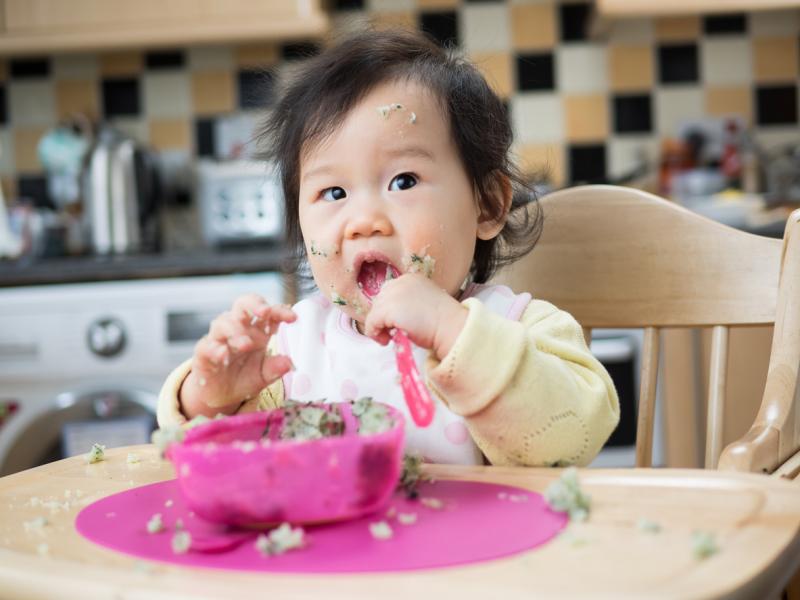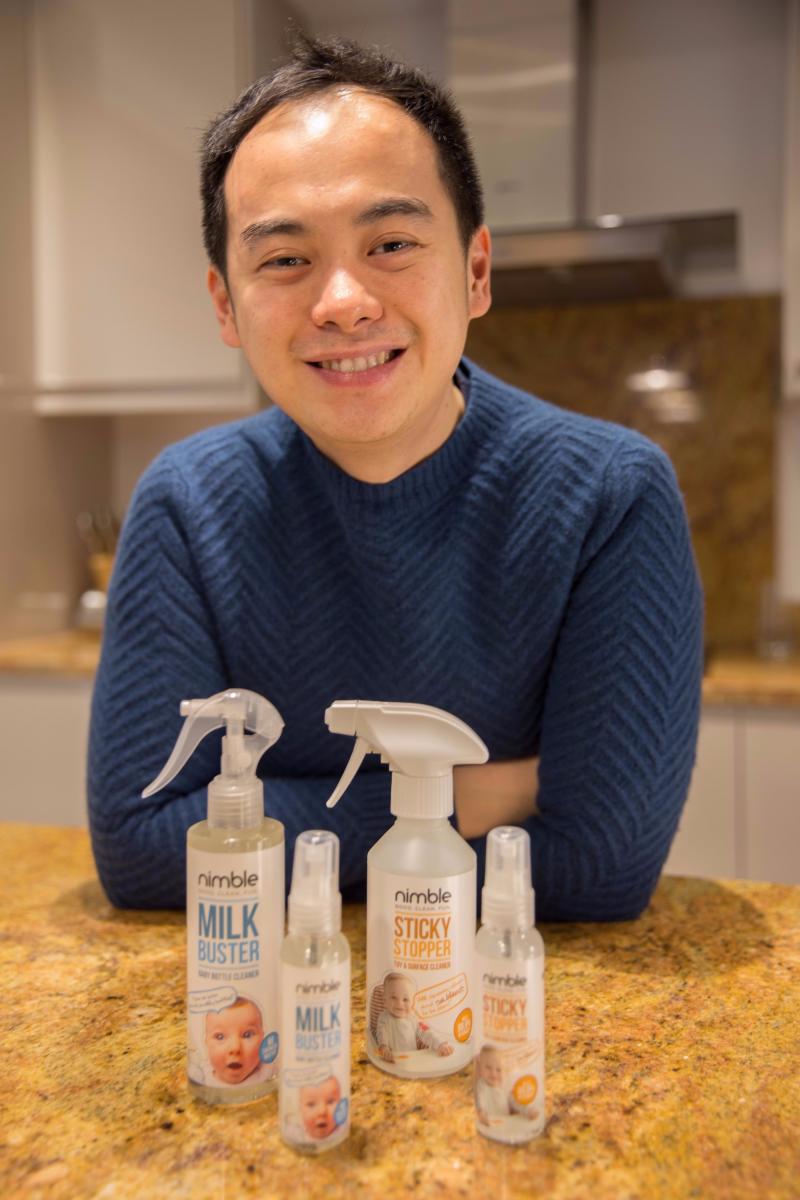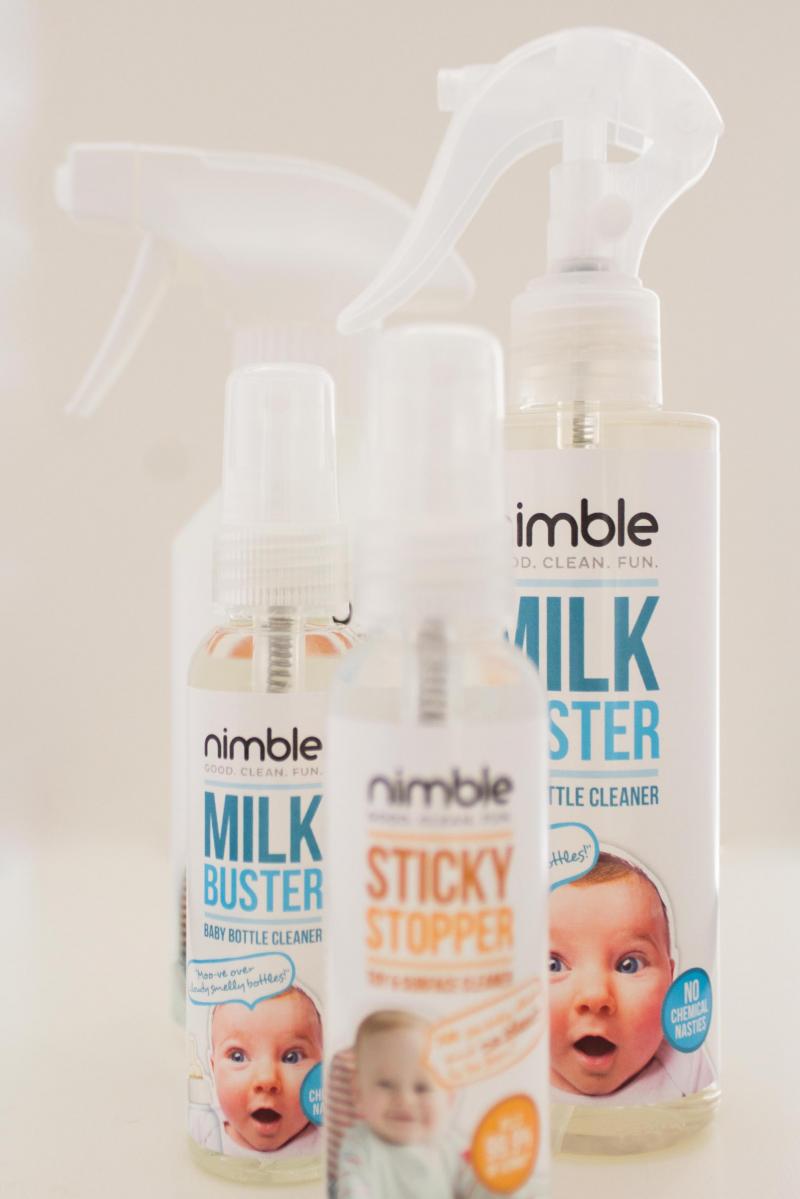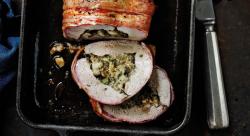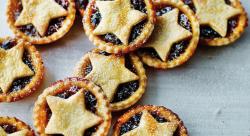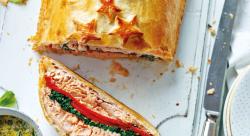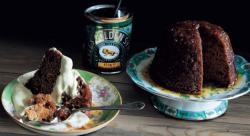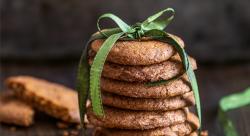Child-Safe/Eco-Cleaning Top Tips for Parents of Babies and Toddlers
By Von Sy, Founder of Nimble Babies
Let’s face it, babies and toddlers are adorable messy little creatures that have natural abilities to make mess every time they move.
But how can you clean up after them in a safe way, which will have minimal impact to the planet?
What are cleaning products made of?
Cleaning products are usually made of chemicals derived from the oil and gas industry.
They are widely available and have been around decades, which means that they’re cheap and cheerful. They’re also effective.
The downside is that they’re usually overly-formulated with these petroleum-based surfactants, which means they contain unnecessary levels of chemicals that can be harmful to a young child and the environment.
Here are a few tips to help you clean up after your little ones without jeopardising them or the environment.
Tip #1 – Look at diluting your regular cleaning products
Most mainstream cleaning products are over-formulated to make bolder marketing claims like ‘10X better than brand X’.
So if you want to clean up around young children, why not dilute the products a little more than you would normally? You’ll get more or less the same results, but with less harsh smells and less chemicals going into the environment in each use.
For washing up, try squirting less or make up your washing bowl with more water in it. You can still get rid of pretty much all the residual food but using a lot less chemicals.
Another trick is to soak the dishes in warm water before you start washing up, to soften and loosen the oily and fatty residues.
Tip #2 – Try using eco cleaning products
Eco cleaning products are made with plant-based ingredients that normally work just as well as regular cleaning products, but are gentler on the skin and better for the environment.
But take note that some brands tend to redesign their packs to make them appear ‘eco’, by adding a few things like leaves or making the pack colours a little paler. True eco products would genuinely use plant-based ingredients rather than petroleum-based ones, so if the brand writes this on their pack, the chances are that they’re true eco products.
Kitchen staple items like lemon, baking soda and vinegar are good alternatives. These work by exposing the dirty things to an acidic or alkaline environment that help break down fatty greasy residues.
Tip #3 – Avoid products that have strong fragrances
We know that fragrances make the cleaning up chore more interesting but fragrances are actually made with a complex range of chemicals that usually contain allergens. If you have young children, best to stay away from cleaning products with strong fragrances. The fumes can be irritating for their young lungs.
Air fresheners are also notorious for having lots of chemical fragrances that can pollute our homes. Switch over to things like activated charcoal that can naturally absorb odour molecules in the air. You can also try airing your house by opening your windows regularly.
ABOUT THE AUTHOR
Von Sy is founder of Nimble, the UK’s first and only range of child-friendly household cleaning products powered by plant-based ingredients. Nimble’s award-winning, patented products are available in major retailers including Boots, Ocado and Amazon and are exported abroad.


